Encanto Review/Analysis
We Don’t Talk About Bruno. But What About Generational Trauma?
Disney’s Encanto follows La Familia Madrigal, a clan of magically-enhanced beings. In an opening roll call, we got introduced to each Madrigal and their special gifts that help further their Encanto (a hidden oasis buried in the dense jungles of Colombia.)
Tia Peppa controls the weather with her emotions. Prima Dolores can hear a pebble rolling ten miles away. Isabella produces all of the Encanto’s flora with a mere flip of her luscious black tendrils. Other members delight the village with shape-shifting, super-strength, zoolingualism, and meals that will fix any physical ailment. They are a divine collection. They are also in need of extreme family counseling.
With great powers comes great responsibility also comes significant generational trauma. According to Psychology Today, generational trauma is a trauma that leaks from generation to generation, affecting each member of the family in many different ways. Each member of La Familia Madrigal represents a different way growing up in such a toxic environment can take a toll on a person.
Mirabelle, the protagonist, has no powers. She is the shame of the matriarch, Abuela, and feels that she will never live up to the legacy of her bloodline. Her golden sister Isabella cannot handle the pressures placed upon her and uses Mirabelle as her verbal punching bag.
Dolores is the trauma dump of the family. Every burden and secret is slung at her without consent due to her hyper hearing. Peppa is a victim of immense emotional suppression. She was never allowed to experience the full range of her emotions because it would often bring the rain…and hail… and winds.
For the most part, we see the family begin to heal from and cope with their individual issues. But, one Madrigal goes without much apology. In fact, the family downright refuses to address him properly until the last few moments of the movie. Bruno.
Bruno Madrigal can predict the future. Bruno’s gift is great when he sees good things coming. However, Bruno begins to get the reputation of bringing about tragedy and chaos. Although Bruno cannot help what he sees in his visions, the family blames him for these occurrences anyway. To a point that they eventually refuse to address his existence at all.
Even things that he didn’t predict got pinned on him. He is talked up to be a ravenous, curly-grinned supervillain when in fact, he’s just socially awkward and trying his best to be there for his family. His fumbling predictions do nothing to assist the collective so, it’s easy to wave him away.
When he’s re-inaugurated into the family at the end of the film, the resolution is lackluster and, not a single person utters an apology. There’s a sweep under the rug mentality when it comes to Bruno. Bruno’s treatment is very common in families like the Madrigals. No apologies. Forget and move on.
The Madrigals are a work in progress, but their love shines through their fears and societal pressures. The conclusion does not wrap things up in a bow, as Disney so often does. Instead, some apologies are left to be made and discussions left to be had. This film opens up an important conversation about families and is a must-see for anyone from similar circumstances.

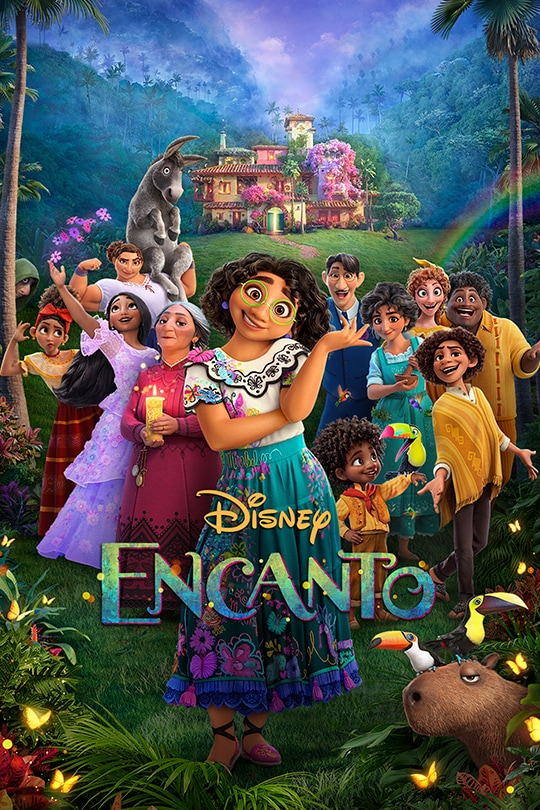
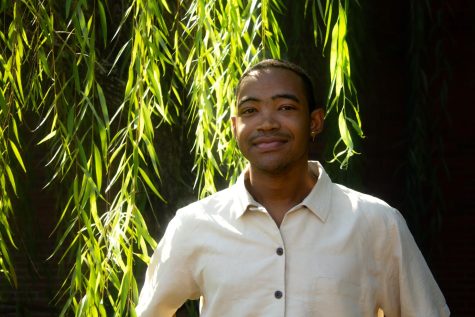

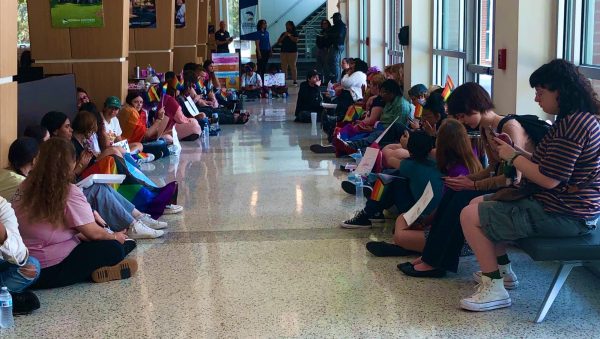


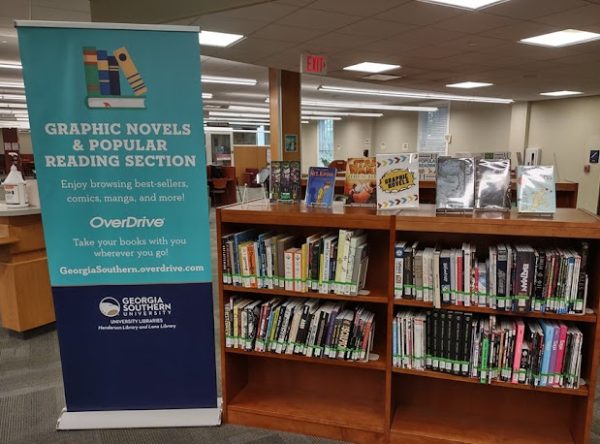
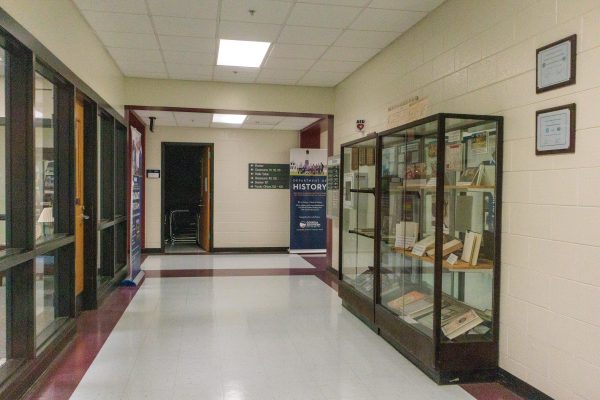
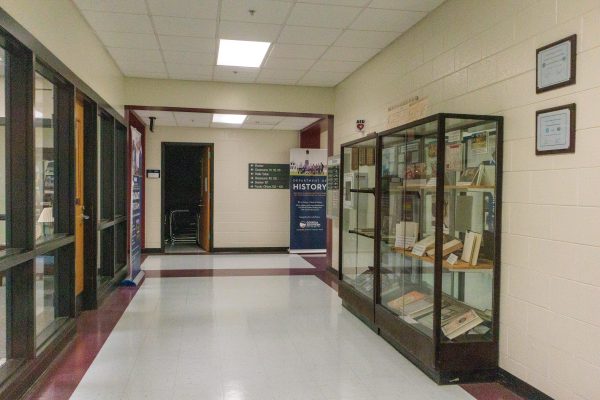



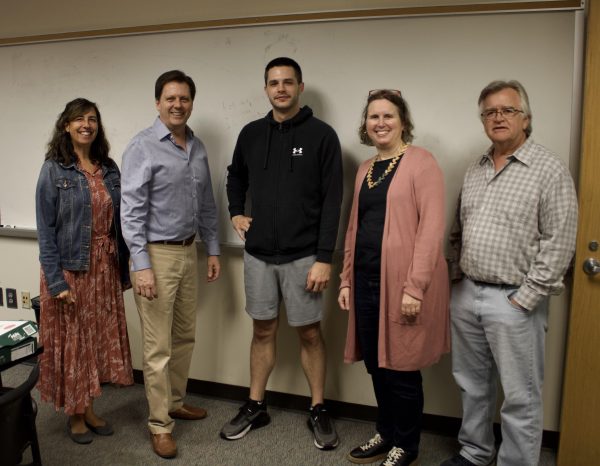
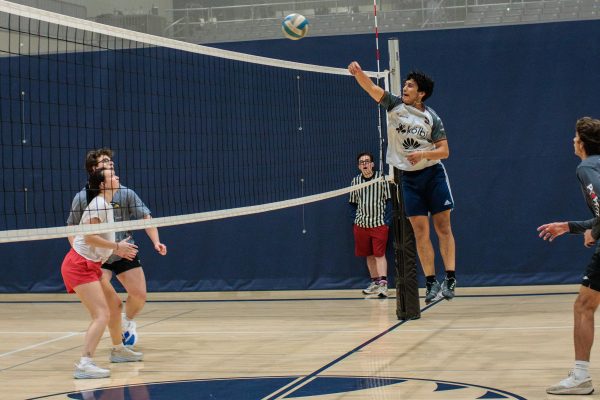


Juva Threat Alexander • Jan 25, 2022 at 10:19 am
Excellent point of view. For someone who’s never seen this movie, it peeps my interest as I’m able to relate to the idea of generational trauma. Very important topic that no one covers. Thank you for starting the conversation.